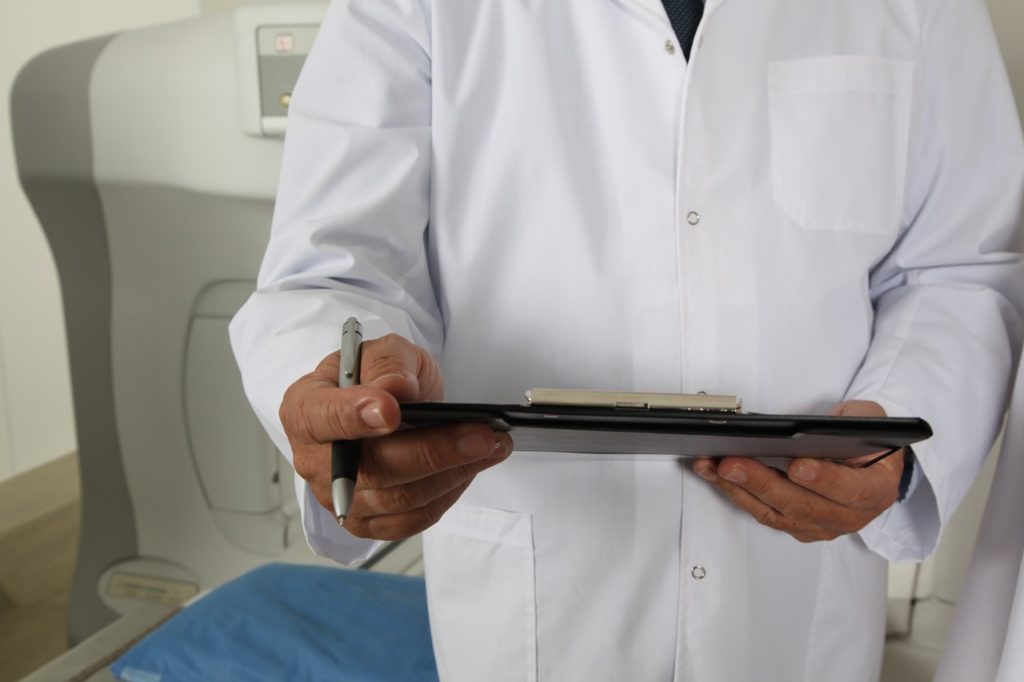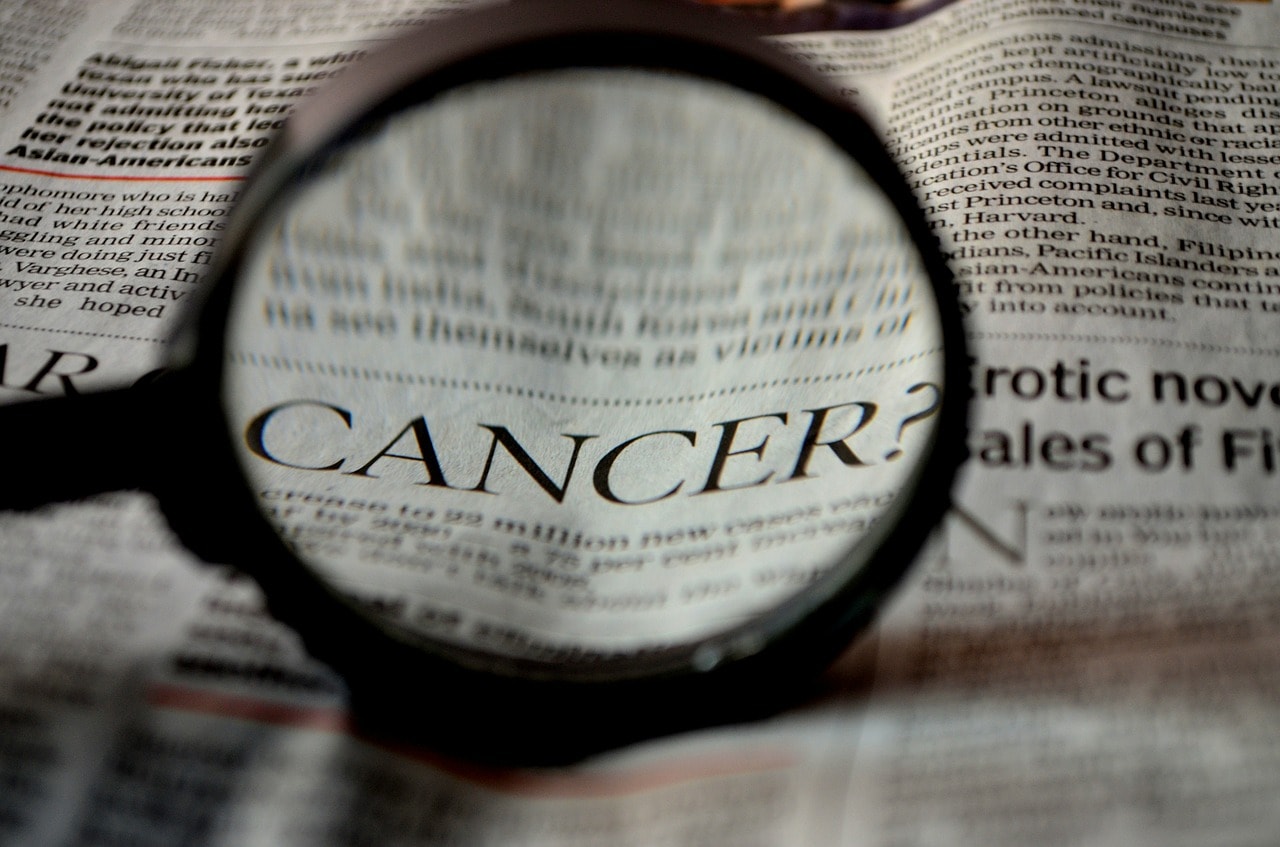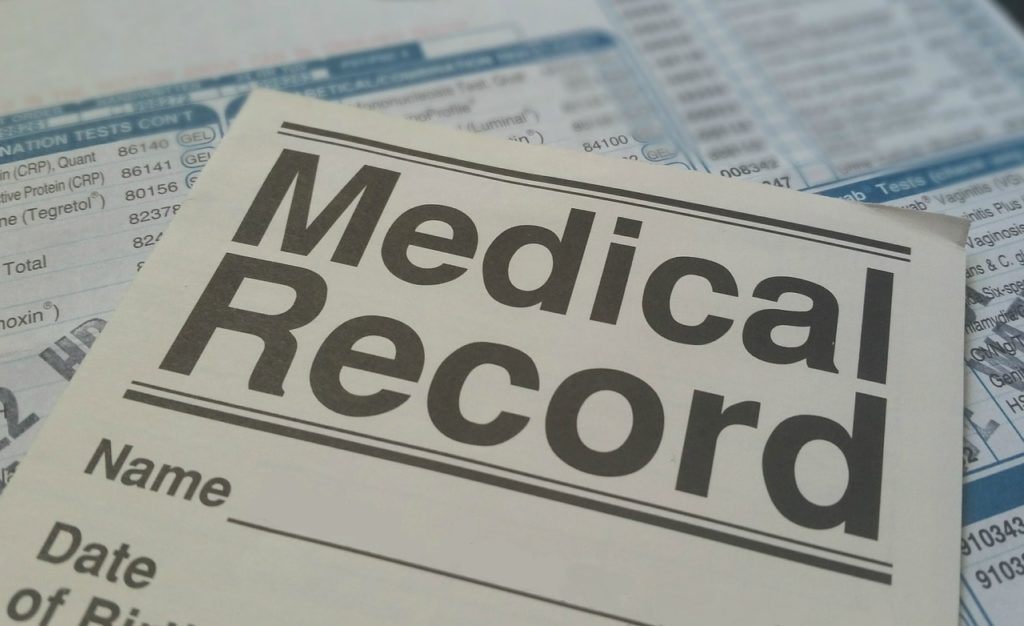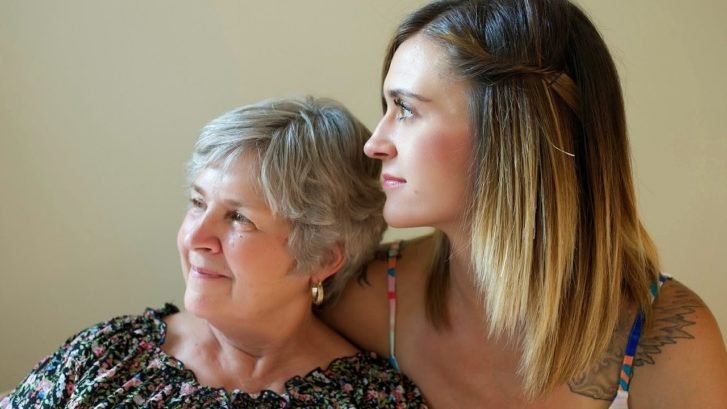Best oncologist: How to find him in 5 steps
Notice: Undefined variable: ngfb_paged in /home/u821963456/domains/seoajay.com/public_html/cancer/wp-content/plugins/nextgen-facebook/lib/page.php on line 307
Why finding the best oncologist is very important
Let’s be honest. There are very few situations in life that are as traumatic as the moment you hear your doctor say “You have cancer”. I have seen it many times and it is always as hard as the first time. You suddenly face decisions you never dreamed you would have to make. Patients confess to me that they do not recall much from the first visit when their doctor, usually their primary care doctor, told them he suspected they had cancer. One of the biggest – and most important decisions – you must make is choosing the best oncologist as your cancer care doctor. I say the best oncologist to you because establishing the right relationship for your personality is often more important than the number of diplomas hanging on the walls of the office.
As you probably know by now, an oncologist is a doctor who treats tumors and cancers. Oncologists usually manage care after a patient receives a diagnosis of cancer. The best oncologist for you will direct all your cancer care, including medicines and treatment procedures.
It is obvious then you really ought to find and trust the best oncologist for you. Beside supporting you in the tough times, the best oncologist for your case will start by explaining the cancer diagnosis and stage, which means the doctor will give you details about your cancer and how far it might have spread throughout your body. The best oncologist for your case will also explain your treatment options and will help you manage cancer-related pain and help you cope with any side effects of your cancer or its treatment.
But how do you find the best oncologist for you? You already have a lot to worry about! I will admit it is not as simple but I will help you through the process by breaking it down into five easy steps. But first a word about oncologists. You will be seeing a medical oncologist, and if you need to be referred to another type of oncologist, the same process still applies. Here are the three types of oncologists you should know about:
- Medical oncologists treat cancer using chemotherapy or other medications, including targeted therapy and immunotherapy
- Surgical oncologists who either do surgery to remove the tumor or perform biopsies to better understand the tumor.
- Radiation oncologists treat cancer using radiation therapy.
There are other subtypes of medical oncologists as well such as pediatric oncologists, gynecologic oncologists and hematologist oncologists who treat leukemia, lymphoma and other blood cancers. As a major rule, you want to focus on finding the best oncologist who specializes in treating your particular type of cancer.
Step 1: Create a list of preferred oncologists
Ok, let’s start with the basics. In this step, you want to get a list of many cancer doctors, one of which may be the best oncologist for you. A helpful tip to keep track of the doctors is to write down important information, such as how you found out about the doctor and the clinic telephone number. You can write these in a notebook, write them on a word document or send these as an email to yourself. What I like to do is put a star next to the people who you feel are the highest on your list. It will make your list much easier to review later on in step #2. Make notes about what you liked about the oncologist as well as any questions or concerns you may have. To start your list, you need to go through these resources:
a. Ask your primary care provider for a referral to an oncologist. Your doctor may already know several oncologists in your area who treat your type of cancer, and can give you good advice.
b. Talk to family, friends, and co-workers. Cancer is common. Almost one in two males and one in three females, according to the American Cancer Society, so there is a very good chance that you already know someone who has experience in finding an oncologist. Ask for names of the best oncologist they have seen and find out their experiences with those doctors. This is especially helpful if your family member, friend or co-worker had the same type of cancer as you.
c. Use this list of trusted sources on the internet: It might be hard to go through all of them, but give them a try:
- The American Medical Association (AMA) offers an interactive database to help you find an oncologist near you.
- The American College of Surgeons can help you find a surgeon.
- The American Board of Medical Specialties provides an interactive database to help you find out if your oncologist is board certified.
- Physician Compare by Medicare.gov helps you find group practices, cancer doctors and other healthcare professionals that accept Medicare.
d. Find a cancer center near you. Some cancer centers perform research to study and control cancer. The National Cancer Institute (NCI) recognizes these facilities as NCI-designated cancer centers. The institute provides an interactive database to help you find a NCI-designated cancer center near your home.

Step 2: Narrow down the list
Now that you have a general idea about the process, it is time to narrow down your list of oncologists to a handful. Look at a map to measure the distance from your house to the oncologist’s office or cancer center. Depending on where you live, there may be several oncologists within a short drive or you may have to travel a long distance to access just one.
Look for a cancer-accredited hospital in your area, as these institutions may provide the best treatment options for you. The American College of Surgeons provides a Commission on Cancer (CoC) Hospital Locator to help you find an accredited cancer program. There are a number of CoC hospitals across the United States, so you may be able to find one close to your home. These CoC hospitals provide a number of services, including:
- Quality, comprehensive care close to your home
- Patient-centered services
- A multidisciplinary team approach
- Information, education and other patient resources
- Genetic assessment and counseling to determine if your type of cancer is hereditary
- Palliative care services that keep you comfortable
- Care monitoring to ensure comfort, safety and treatment outcome
- Treatment planning based on scientific evidence and national treatment guidelines
- Clinical trials and other new treatment options
- Follow-up care that includes a survivorship care plan

a. Review the doctor’s credentials:Find out if the doctor has received additional training in the care of your particular cancer. Confirm that the practitioner is board certified in oncology, which means the doctor has passed a high-level examination in the diagnosis and care of cancer.
b. Read patients reviews: It is 2016. We depend on reviews more and more. But let me give you an inside look first. Doctors by nature do not like promoting themselves and focus the majority of their times on taking care of patients. What that means is that you have to keep in mind that the reviews you read are usually personal and may not always reflect what you may experience with a particular doctor. A lot of excellent doctors that I know and ask for advice on a continuous basis are sometimes not the friendliest, but if I were a patient, I would trust them with my care with my eyes closed. The point I am making is that medical reviews help you make a broad assessment of whether patients were generally satisfied with the care they received from the doctor, but at times can be unfair.
c. Check with your insurance company to make sure they cover care offered by the oncologist. This is very important. Your policy may cover conventional treatments, such as chemotherapy, radiation and surgery, but it may not cover all types of procedures, medications, diagnostic tests, certain doctor office visits or hospitalizations.
d. Check with the oncologist’s office to make sure they accept your insurance. You can usually do this in one quick phone call or visit to the doctor’s website.
Step 3: Review the cancer team
You are almost there in finding the best oncologist for you! But let me tell you a secret: Your care will depend not only on your oncologist, but also on his supporting team. Nurses are your friends and you will very soon realize that. In addition, depending on your individual case, you may require the care of surgeons, anesthesiologists, dermatologists, gastroenterologists and other doctors. Other members of your cancer team may include pathologists who read your laboratory test results, diagnostic radiologists who specialize in reading your x-rays, and oncology nurses who administer chemotherapy or take care of cancer patients. You may even enjoy the services of an oncology social worker, who help you and your family deal with the experiences of cancer. Find out if the prospective oncologist’s cancer team includes the specialists that you need.
Nurses are your friends and you will very soon realize that. Share on X
a. Review the clinic where the doctor sees patients or where you might receive treatment. At one time, patients had to stay at a hospital to receive cancer treatment. Many patients now receive treatment at outpatient clinics. Make sure your cancer team has the right staff members to attend your needs.
b. Check out the hospital where you would receive treatment. Inpatient care is necessary in some cases. Review the hospital where you would receive inpatient treatment, if you need it. Find out how much experience the hospital has in treating your type of cancer. Ask about the hospital’s success rate in treating that type of cancer.
Ask area nurses and doctors about the hospital. They are usually familiar with the various institutions in their area.
Find out if the hospital will offer support services to you and your family such as services of dieticians, social workers, and other members of an oncology care team.
Determine if the Joint Commission accredits the hospital. This independent non-profit organization evaluates and accredits hospitals and other health care organizations in the United States. You can use the Joint Commissions interactive database, Quality Check®, to find out if the organization accredits a particular hospital or to locate an accredited hospital near you.
c. Ask about access to clinical trials. Determine if the hospital offers clinical trials, which are research studies that involve people. Before doctors can use a treatment in their clinical practices, researchers must test the treatment on real people. Clinical trials try to find out if a particular cancer treatment provides better results and fewer side effects than a standard treatment. The research also determines if a treatment works better in some people than in others.
I will explain to you what clinical trials entail. If you are not interested in knowing more about this at this point, you can go to step 4. But I highly encourage you to at least read this to know what the process means to you. During a clinical trial, researchers will assign you to one of two groups: one group will get the new treatment and the other group receives standard cancer treatment. Most clinical trials do not involve the use of a placebo, which causes no effects whatsoever. In trials that do involve placebos, researchers must explain the use of placebos to you in detail.
Determine if your insurance will cover costs for services not included in the clinical trial, such as tests, treatments and doctor visits that your insurance policy would have covered if you were not in the trial. In most cases, the trial sponsor will cover your treatment and any special tests, procedures or doctor visits you may need as part of the program. Some research sponsors will even pay for travel time and mileage. Be sure to ask the clinical trial representative about the services and benefits provided.
One of the biggest benefits of participating in a clinical trial is that you get state-of-the-art care from doctors, nurses and technicians who have significant experience in treating cancer. Federal rules ensure the safety and ethics of clinical trials. Technically advanced care from a highly experienced team may give you the advantage you need for an optimal treatment outcome.
Choose an NCI-designated cancer center if you are interested in participating in a clinical trial. The National Cancer Institute sponsors and financially supports its own NCI-supported clinical trials. NCI offers an interactive database to help you find an NCI-supported clinical trial for your cancer.
Step 4: Finalize your choice
Time to narrow it down to just a couple of oncologists. Meet with each of the final candidates. Ask the doctors about their experience treating your type of cancer. It is okay to ask how many times they have treated that type of cancer. It may be relatively easy to find a doctor experienced in treating common cancers, such as colon or breast cancer, even in a small town.
a. Assess the doctors’ communication skills. Good communication helps improve the care you receive and the outcome of that care. You and your family have many decisions to make, so your doctor and care team must be good at communicating the information you need to make those decisions. In a paper expressing the need for better communication in cancer care, Ronald M. Epstein, M.D., Director of the Rochester Center to Improve Communication in Health Care said, “You can have the best treatment in the world but if you don’t understand it, or have access to it, it does you no good.”
“You can have the best treatment in the world but if you don't understand it, it does you no good.” Share on X
As someone with cancer, you have special communication needs that will likely change change throughout the course of your cancer care, so your oncologist should be sensitive to your needs and respond to those changing needs. While your communication needs will change, an open channel of communication is important throughout all phases of treatment and supportive care.
Find out if you are comfortable with your cancer doctor. While cancer treatment is a science, it is also a very personal experience. Every patient looks for slightly different qualities in their healthcare provider and what makes one person comfortable may not work for another. You may prefer a doctor with an upbeat, boisterous personality while another patient would feel more comfortable under the care of a quiet, reserved physician. Whatever type you prefer, look for a doctor who listens closely, takes time to answer your questions thoroughly and expresses genuine interest in providing treatment.
Talk with your family, ask for input, and make a joint decision with them. This ensures that everyone in your family is on board with your treatment choices and will be supportive of your care.
Whatever type you prefer,look for a doctor who listens closely, takes time to answer your questions Share on X

Step 5: Get a second opinion
Congrats! You found the best oncologist for you.
Bear in mind that cancer diagnosis and treatment is a complex, continually improving set of procedures, and not all doctors have the same complete training and expertise to keep up with these changes. You may wonder if another doctor might come to a different conclusion about your condition or be able to offer more information or different treatment options. A second opinion helps you feel confident that you have received an accurate diagnosis, have all the information you need, and that you have chosen the right course of treatment.
If you are like many people, you may find it difficult to tell your doctor that you want a second opinion. It may help to know that many people get a second opinion, so most doctors are comfortable with the request. In fact, many insurance companies require a second opinion before they approve treatment.
Bringing up the subject with your doctor can be difficult. Here are some ways you can start the discussion:
- “Before we start, I’d like to get a second opinion but I am not sure how to do that. May I have you help me get another opinion?”
- “If you had my type of cancer, what doctor would you see for a second opinion?”
- “Just to be sure I have all my bases covered, I think I would like to get a second opinion.”
- “My spouse urged me to get a second opinion. Can you recommend the best oncologist for her?”
- “My insurance company requires a second opinion. Can you help me do that?”
Once you have made an appointment for a second opinion, ask your doctor to share your medical records, x-rays and lab test results with the new doctor so that you do not have to endure all those tests again. You may need to sign a release of information to have the forms sent. You might also be able to hand-carry the records to the new doctor, although this does not give the doctor much time to review your records before your appointment.

Find out if the treatment recommended for you is the standard of care for that type of cancer. Call American Cancer Society’s Helpline at 800-277-2345 and speak to one of the trained cancer specialists who staff the line 24 hours a day, seven days a week. These cancer specialists can tell you what treatments are standard for your type of cancer. They can also help you understand your cancer treatment plan.
There are other online services that offer second opinions from experts in their field from the comfort of your home such as cancerdocs.com. These services offer access to the best oncologists in the US and worldwide and can be a cost effective and fast alternative to seeking an office second opinion. This will be useful if you do not want to travel and incur the expenses of physically going to another clinic, yet want to have the expertise of the best experts in their fields.
Conclusion
A new diagnosis of cancer can be stressful on its own. You need the best oncologist for you. Following the steps in a systematic manner will relieve you and your family of a lot of unneeded stress and will insure you get the best care possible.
Latest posts by Michel Choueiri (see all)
- Does cancer smell? Can people smell cancer? - September 28, 2016
- Does Cancer Itch? Which cancers cause itching? - August 19, 2016
- Cancer drug prices as high as a Ferrari… per year! - August 16, 2016



It’s SO important to find an oncologist who LISTENS to you and your family and is perfectly CLEAR when it comes to treatment. Lung Cancer recently took my mother from us only 2 months into her diagnosis. The doctor told us she would have 6 months left if she did nothing. The oncologist we were referred to (by her general practitioner) suggested she do chemotherapy although she’s 75 years old and the cancer had already spread to three major organs, bones, and she was riddled with tumors. He was hard to understand, didn’t explain thoroughly, and when we came to him with concerns, he said “it’s different for everyone, I can’t promise you anything”. She only underwent 3 rounds of chemo and he was not even available to meet with her during her treatments. She treated his word like the word of God, but she didn’t understand English so she trusted everything her family was translating as gospel. I wanted desperately to get a second opinion but she refused to to to a different doctor, thinking it would be too complicated at this stage to start over again. After pleading with him to reduce her chemo doses (she was going to ER with complications from chemo) he insisted she take 6 rounds before reducing her dose. My mother passed away only 2 months into her diagnosis. I think she would have survived longer should we have gotten that second opinion, researched another oncologist. Don’t waste time on the wrong doctor! Too many don’t listen to the patient’s needs and just count on the fact they will commit to round after round of chemo.
Dear Diane,
This is a beautifully crafted, emotional and wise advice to patients everywhere. It is also a reminder to doctors that we are privileged to have the trust of patients, but that we should not lose sight of the genuine concerns they go through. You express sincerely constructive guidance to patients. I agree with you about the need to always revisit the treatment plan and to balance quality of life with treatment benefits. Thank you for everything you did for your mother. She must have been very proud. Best. Michel
I’ve been surfing on-line greater than 3 hours lately, yet I by no means discovered any attention-grabbing article like yours.
It’s beautiful value enough for me. Personally,
if all webmasters and bloggers made excellent content material
as you did, the web shall be much more useful than ever before.
Thank you so very much Jona!
That’s a good point to consider medical trials. That way you’ll know if your doctor is willing to work with you on a potential treatment. My family has a history of cancer so I’ll be sure to use your tips here.
Great article and in a perfect world it may prove very useful. However, in the current state of health care in the USA where physician practices are being consumed by hospitals and hospitals are being taken over by universities my community leaves patients with two choices. In one case the support staff p- schedulers, nurses, and the like, appear to believe you are there for them, do not question them. Questions are viewed as expressions old distrust or just down right rude. In the other institution the oncologist speak English with a heavy accent — making communications challenging in an already trying time of life. And, I am living in a “metropolitan area, 15 minutes within the state capital.
I thought that it was very helpful that you mentioned that you should talk to your insurance company to make sure they cover the care of a certain oncologist before you choose to hire them. My dad may have cancer, so we are going to help him by finding the right oncologist. To help him find one who will be affordable, I will be sure to look for one through his insurance.
My uncle was diagnosed with cancer and the family wants to help him find a place where he can go get treatment. I like how you suggest making a list of a few oncologists and choose the one that you prefer. It would be nice to find a cancer center where they have all the tools and equipment needed to treat cancer.